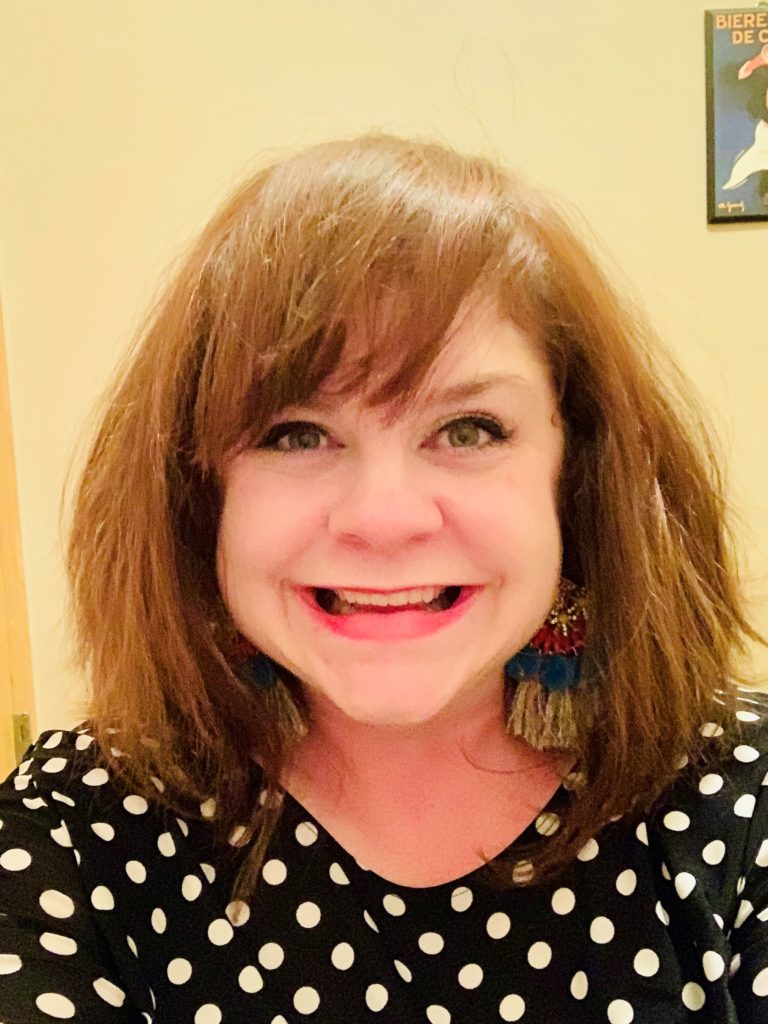Get help now
Call or Text 988
Your Words Matter: A Quick Guide for Beginners
“The difference between the right word and the almost right word is the difference between lightning and the lightning bug.” – Mark Twain
Let me begin by admitting that I’m probably not the best person to teach this particular lesson. Because, well, I’m… I guess you could say I’m a bit flawed when it comes to choosing the right words in every situation. But maybe these flaws make me the perfect person to write this guide for beginners, because I understand the struggle! Yes, yes, let’s go with that!
In this quick beginner’s guide, we’ll cover how to talk to someone about their mental health and the reasons why we should change up some of our commonly used adjectives.
If you’re anything like me, you may find yourself searching for the appropriate thing to say in a particular situation. For example, maybe you’re worried about a loved one who has been sad and withdrawn and you want to talk to them, but you’re not sure which language to use. What do you do?
Here are some tips:
- Start the conversation in a safe space when both of you have time to talk.
- Ask open-ended questions such as “I care about you. What’s going on?”
- Resist the urge to argue, debate, or analyze. Simply listen, without judgement. (Sometimes that part can be hard, I get it! But it’s very necessary, and I know you can do it!)
- Validate their feelings. Say something like “I can’t image how difficult this must be for you.” You might think it helpful to tell them about a time you felt similarly. Please put that thought in your pocket and save it for another time. In this moment, we want to keep the spotlight on them.
- Connect them to resources. Promote therapy, encourage them to call or text 988, or offer to call 988 with them. If you’re a young person, get a trusted adult involved as soon as possible. This could be a parent, older sibling, teacher, counselor, or coach.
Equally important ashow we say things are our words themselves. This is where I can get myself in trouble because I’m the queen of excessive adjectives. I insert adjectives where they have no business existing. One of my former adjectives I always used was “crazy.” I used that word to describe things like traffic, my hair, the amount of work I must do, or a scary movie.
What I never realized before working in the mental health field is just how stigmatizing and demeaning that word is. It can perpetuate the stigma that mental health conditions are dangerous and people with mental health conditions are to be feared. This can discourage people from reaching out for help and receiving the treatment they need.
Removing that word and others like it from my bank of descriptive adjectives has been difficult. I need constant reminders and I need other beginners to join me! If we all work together, we can shift our community’s perception of mental health!

Molly Woodman, Outreach Coordinator for The Kim Foundation
Molly Woodman is one of the Outreach Coordinators at The Kim Foundation. Born and raised in Omaha, she earned her bachelor’s degree in Communications from UNO. Molly spent fourteen years as the Director of Admissions and Recruitment at an area private high school. Her passion for public speaking and advocacy led her to The Kim Foundation in August of 2022. Molly manages the foundation’s social media accounts, works closely with the Metro Area Suicide Prevention Coalition, and provides mental health awareness and suicide prevention education to the community through the Voice for Hope and Healing presentations.